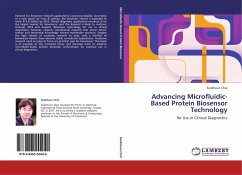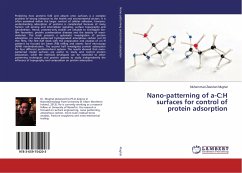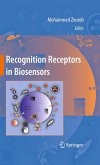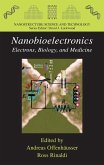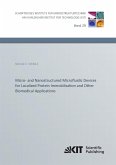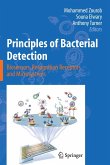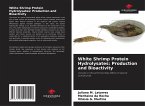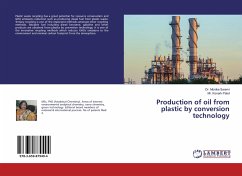Demand for biosensor research applications is growing steadily. According to a new report by Frost & Sullivan, the biosensor market is expected to reach $14.42 billion by 2016. Clinical diagnostic applications continue to be the largest market for biosensors, and this demand is likely to continue through 2016 and beyond. Biosensor technology for use in clinical diagnostics, however, requires translational research that moves bench science and theoretical knowledge toward marketable products. Despite the high volume of academic research to date, only a handful of biomedical devices have become viable commercial applications. Academic research must increase its focus on practical uses for biosensors. This book is an example of this increased focus, and discusses work to advance microfluidic-based protein biosensor technologies for practical use in clinical diagnostics.
Bitte wählen Sie Ihr Anliegen aus.
Rechnungen
Retourenschein anfordern
Bestellstatus
Storno

